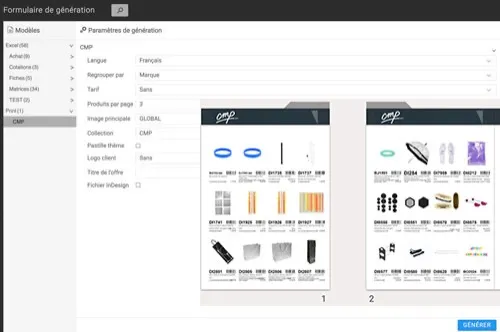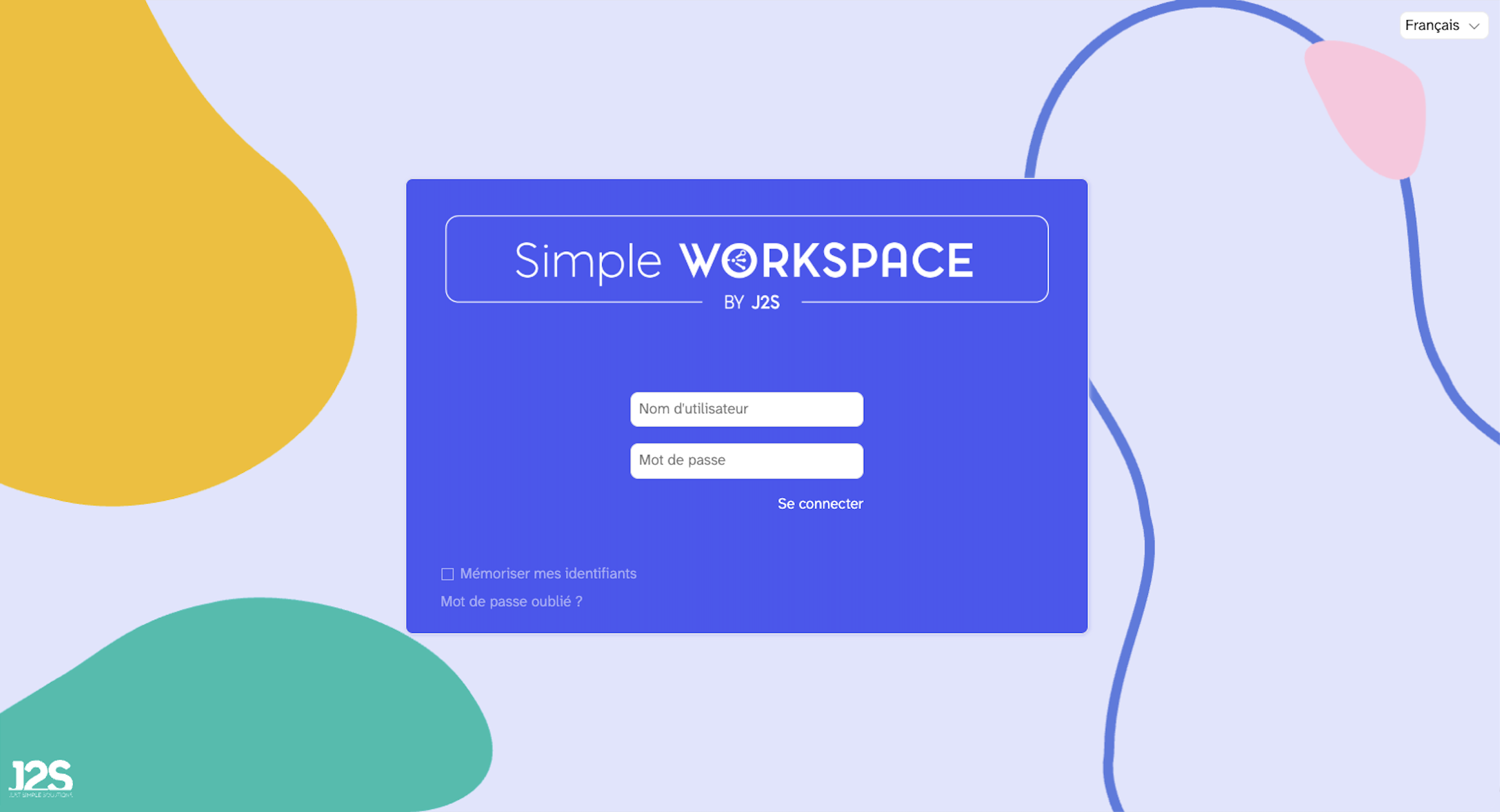In a few words
Allowing any user to use the marketing material means allowing him to control the factory that will produce PDF, Excel, or InDesign documents, according to variable data and parameters.
For this purpose, Simple Workspace provides a “request form”, which allows the user to choose one or more templates, as well as the parameters required by these templates.
When activated, this form “starts the factory”, which automates the production of documents and without which a request cannot be executed. This article recalls some of the necessary building blocks.
Then, an example of real use is described after a brief detour through the form generation process, before the real requests.
The building blocks
The Simple Workspace cloud platform automates the creation of Adobe InDesign pages, which means:
- To create a graphic representation (Adobe InDesign pages and templates) from data, a layout, and a set of rules (the modules );
- To “dematerialize” Adobe InDesign, allowing layout artists to work together on the same flatplan ;
- Multilingualism and translation tools ;
- Workflows, which regulate and secure the activity at the heart of the platform;
- Offer management , a real pocket knife that can adapt to your data and upstream workflows when they exist;
- Excel document production in addition to PDF and InDesign.
Automating a publication remains a very imprecise expression!
- Is it a matter of pressing a button to generate hundreds of pages ready to be printed?
- Or is it a matter of dragging products into pages and having them present themselves according to the graphic charter?
- Can we manually edit what has been generated? With InDesign?
- Can the data change while the publication is in progress?
What happens when data changes and a designer has modified the page? - How to deal with long texts that run over several pages
Simple Workspace addresses all of these issues, and more, and some or all of these functions are used at the time the “factory receives a production request.”
General platform
Simple Workspace is a general platform able to handle any data flow to produce magazines, catalogs, labels, etc. according to processes adapted to the concerned professions: the communication professions.
Other categories of users want to take advantage of the platform to produce documents in a very automated way, typically Excel and PDF.
A good example is that of sales representatives (or agencies or franchisees), who need to relay precise and validated information to their contacts. For example, to accompany a quote with a PDF “micro catalog” describing the references or products offered, with some presentation options.
Unlike users dedicated to the production of publications who are familiar with the tools, we are talking here about users who must be able to use the platform ” ready to use “, without prior training.
These users need to choose document templates that are ready to use but can be configured at the time of use.
Template and Application
The notion of “template” is part of Simple Workspace’s DNA.
Each template is associated with settings; for example, a PDF flyer can be generated in real-time based on a selection of references, with or without prices, with a supplier’s logo, while an Excel generation can ask to specify the language and currency used, or the production of label sheets can offer a range of different sizes.
In addition, it can be interesting to be able to group the generation of several documents within the same request, itself based on the same selection of references.
This is how the concept of a “generic” request form was born, based on the analysis of the characteristics of the templates to allow each user to specify only the information required by the template or templates to be generated.

Example of use
Quable and J2S have been partners for a long time, and have developed a connector between the Quable PIM and Simple Workspace. For its part, CMP chose Quable for the product database and J2S for the publications.
CMP needed to provide its sales force with a publication tool based on product data. Quable management is used for several purposes:
PDF and Excel generation by sales representatives, intended for their prospects and customers;
Generation of InDesign catalogs, which are then used by the marketing teams.
The use is very simple and benefits from the Quable-J2S connector, but also from the integration of the Simple Workspace request form within the Quable application: Quable users don’t even have to know that Simple Workspace exists.
When they request a document from a list of selected products, the Simple Workspace “request form” window opens and allows them to choose from a large number of templates, from which they can specify their parameters and then be notified by email when the documents are available.
Generating one or more documents couldn’t be easier!
CMP’s IT and marketing teams use Simple Workspace to manage the templates and their settings, and once they are published, they become available to the final users.
Because the application form is able to populate itself from the parameter declarations in the templates, no technical intervention is required, such as adding a new parameter to a form (with all its consequences).
This logic allows CMP to define new templates at any time, each of which may require adapted parameters.
Interested in learning more? Please contact us, our experts will be delighted to discuss with you and introduce
D. Lantier
Business Developer

















